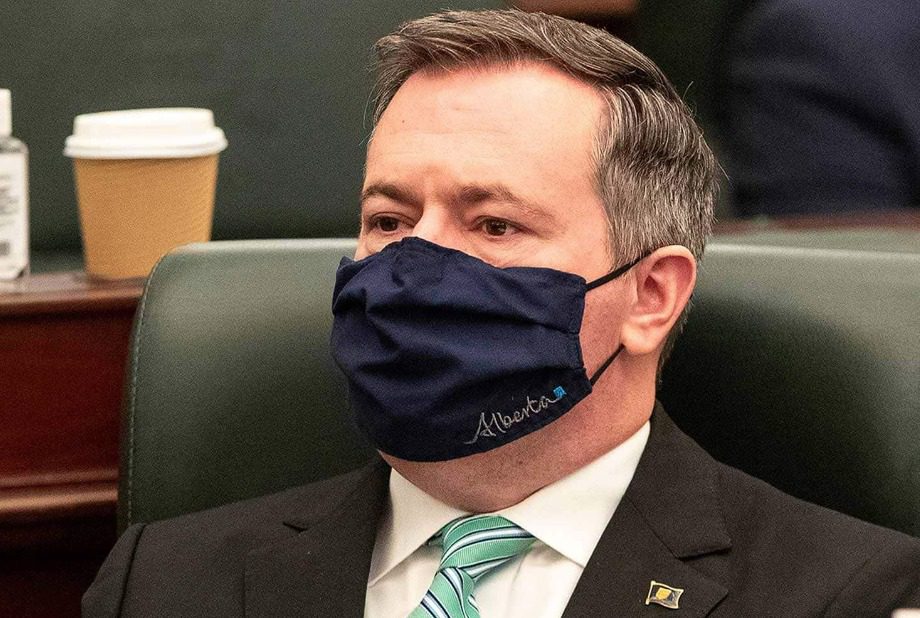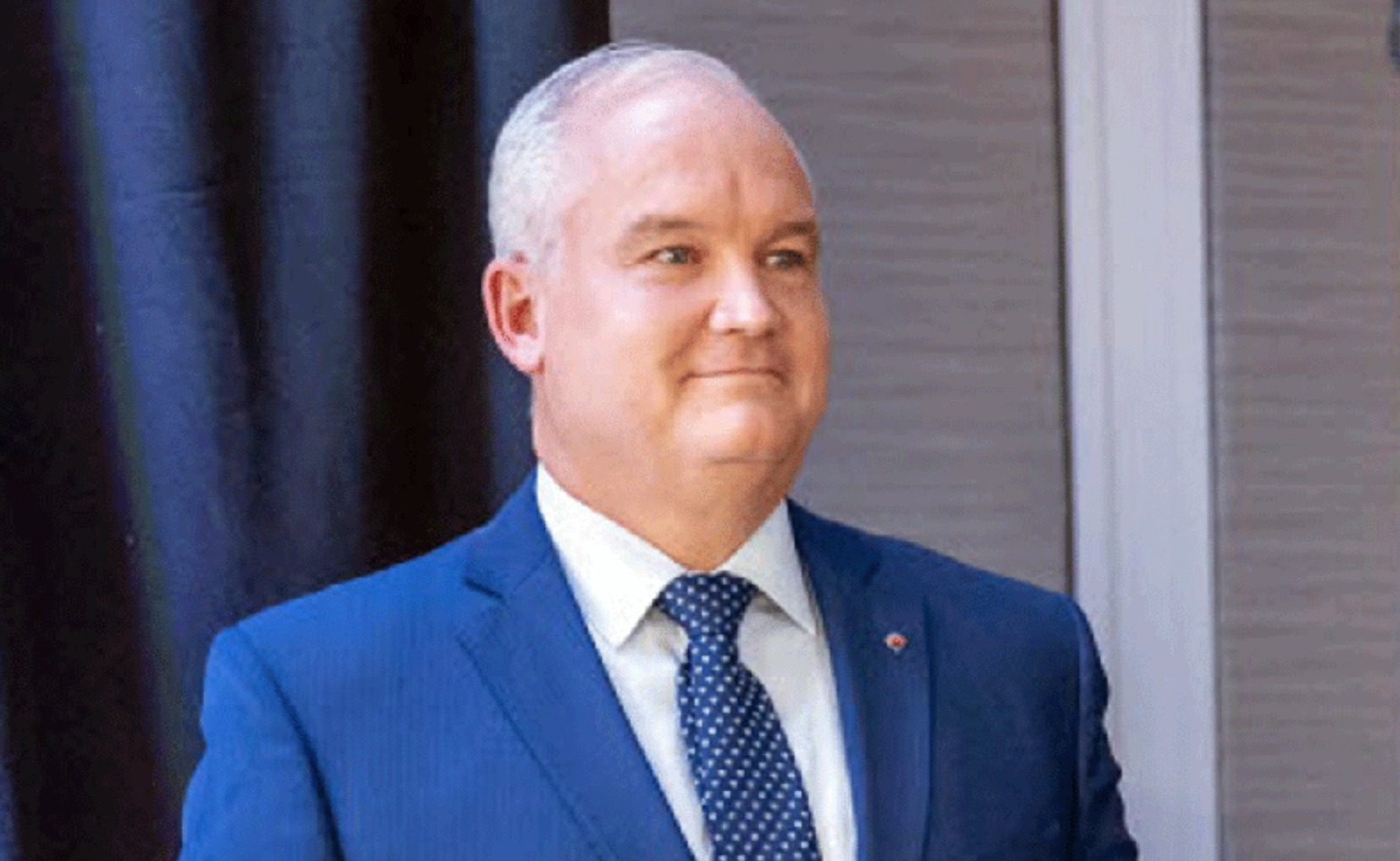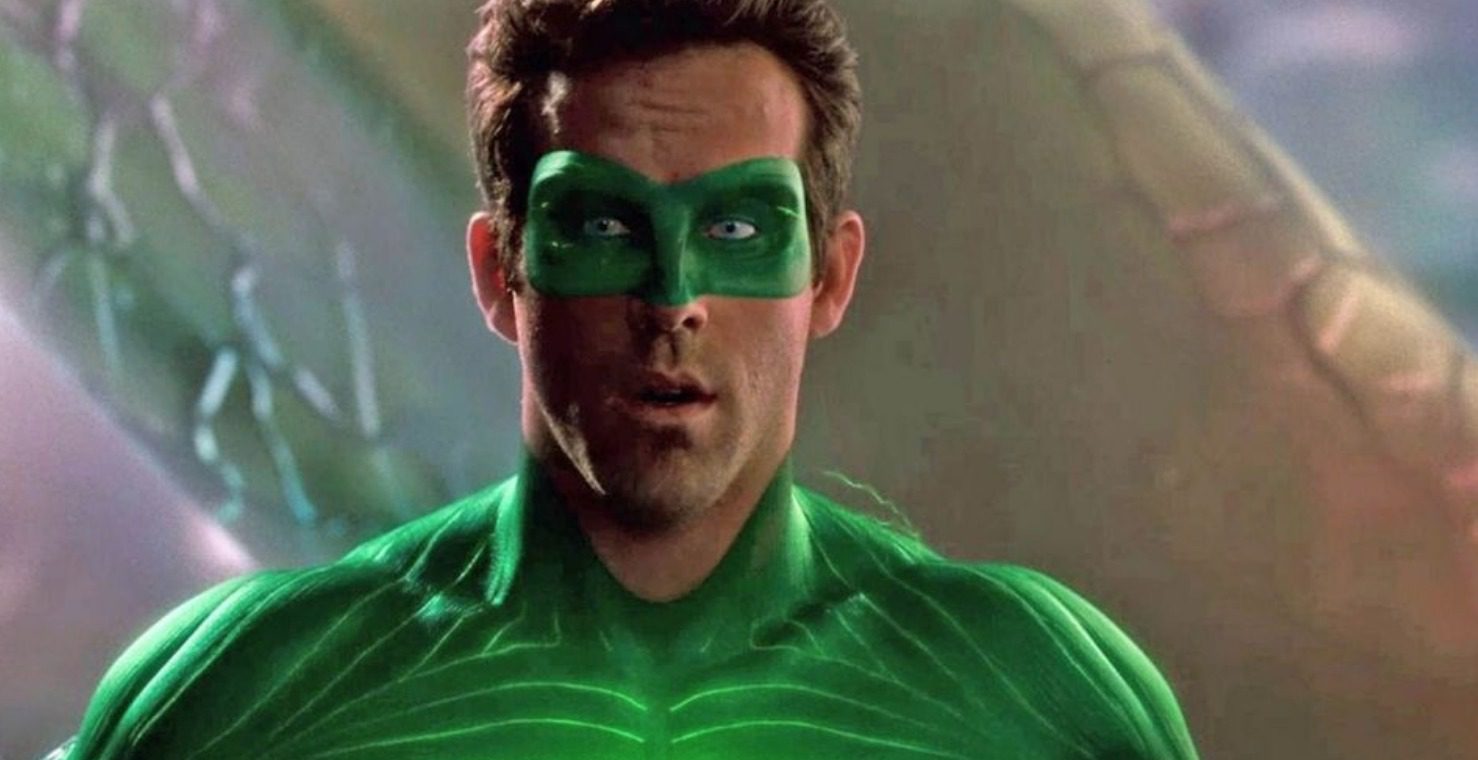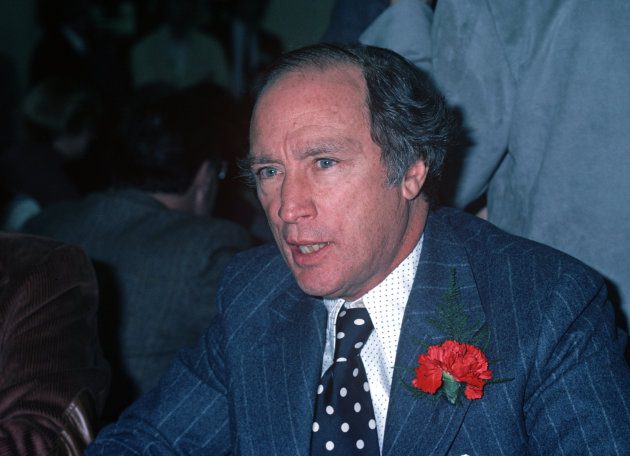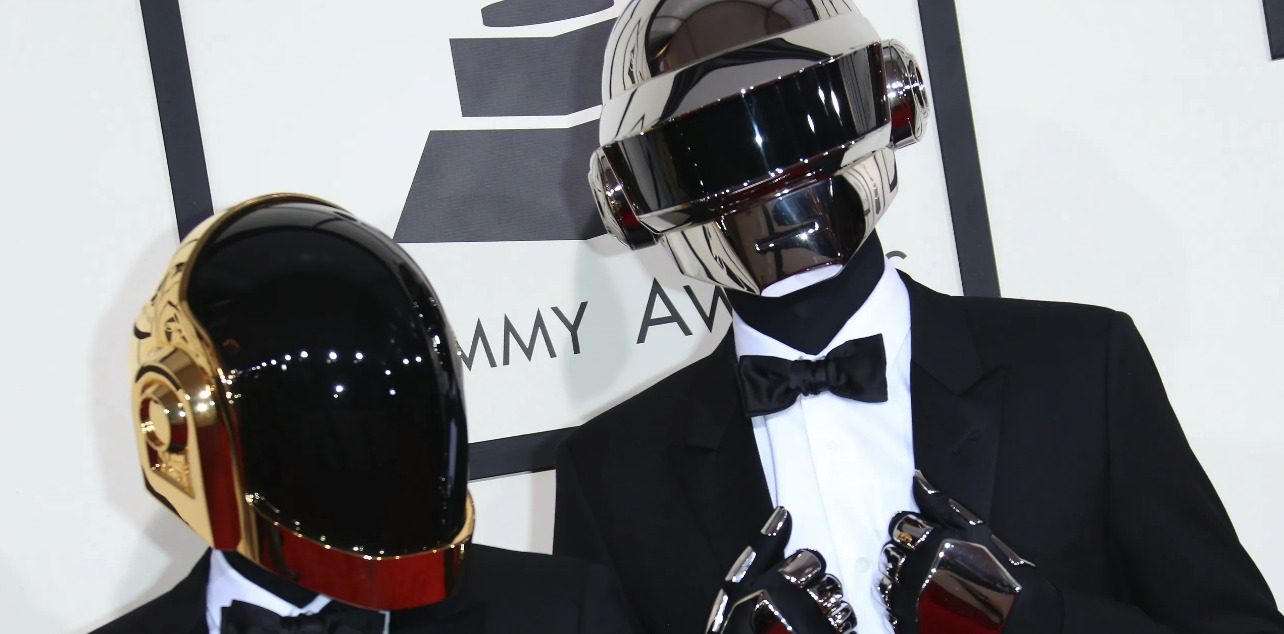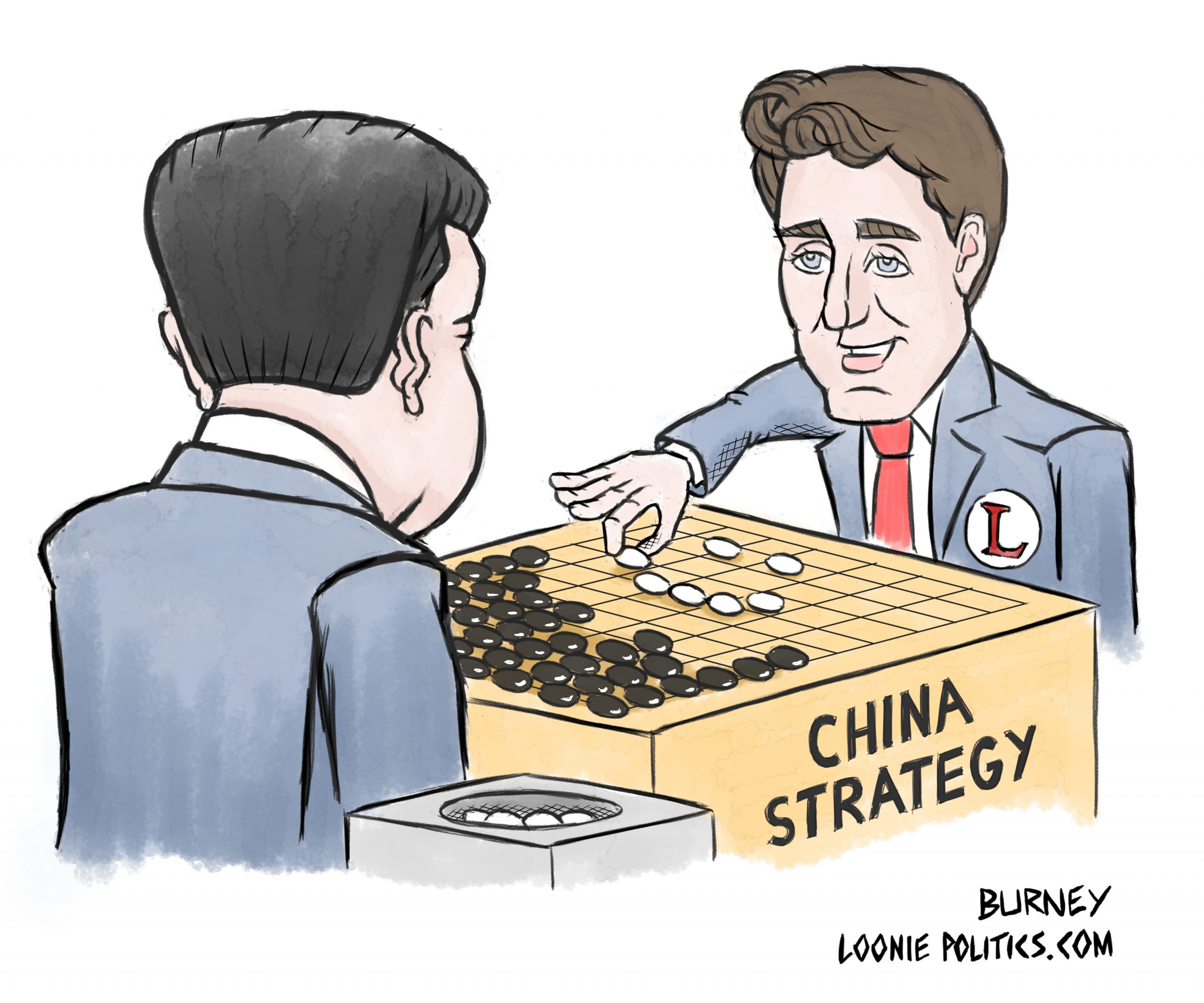Even in the dire circumstances of Covid and energy sector woes, the Alberta government had a chance to signal a plan for pivoting the provincial economy into the future in its spring budget.
By continuing to trim back funding to the post-secondary sector, the United Conservative Party fumbled its opportunity.
Picking and choosing private sector beneficiaries for taxpayer support is always an iffy proposition. Look at the big splash of red ink on the Alberta books created by direct investment in the Keystone XL pipeline.
But government does have broad levers available in the public sector to create paths to a more sustainable future. Education spending is not just a social good, it's a driver of investment and innovation.
Businesses in the industries of the future artificial intelligence, health technology and research locate where the workforces are well educated and the opportunities for public-private collaborations are robust.
And yet, the 2021 Alberta budget trims 6.2 per cent in postsecondary spending, with a resulting 750 job losses.
The rationale for the funding dip is the government's plan to require post secondary institutions to ultimately raise 52 per cent of their operating budgets from their own sources of revenue. This year they are expected to come up with 47 per cent. In 2018-19 they funded 43 per cent.
These incremental cuts will bring Alberta into line with the middle of the pack of Canadian provinces, argues Premier Jason Kenney.
At one time Alberta was proud to declare itself in the forefront of public spending on those big quality items like education and health. No more. Alberta bean counters want no part of being at the top of the heap.
Oh yes, there is a mounting deficit the province must deal with. Conservatives love small government and minimal public sector workforces. What better way to get back to fiscal health than hit public institutions?
In a province with a desperate need to diversify and expand its knowledge economy, cutting post secondary institutions is exactly the wrong way to balance the budget.
The University of Calgary says the budget is taking $25 million out of its operating total, which means the total budget for the university has been cropped by 18 per cent since 2019.
U of C has reduced its workforce, frozen wages, increased tuition, dropped projects and reduced spending on travel and events.
University of Alberta President Bill Flanagan says U of A is being asked to shoulder close to half the province's post secondary budget cut, even though only 25 per cent of post secondary students in the province attend U of A.
The U of A says efforts to raise its own funds to offset the provincial grant chop are limited by government red tape. The government has put a seven per cent cap on tuition increases.
All post secondary institutions are also faced with a revolt by students and their parents about tuition costs which don't reflect the diminished quality of the educational experience created by Covid restrictions and online learning.
On top of those woes, the province has decided to proceed with a plan to create a new set of metrics by which it will judge the worth of postsecondary institutions in the province. Performance-based funding will be disbursed based on the UCP's view of how a college or university is doing in terms of benchmarks including the employment and income of grads and administrative expense ratios.
That's a lot of hands-on intervention given the government's waning contribution to post-secondary financial health.
Kenney and his cabinet have begun paying lip-service to the need to change the essential mix of Alberta's economy. There are various programs handing dough to companies to retrain their workforces, grow their footprint and "innovate".
But, pulling back the focus, it's tough to see how starving post secondary fits into any longterm diversification strategy. The short-sighted chainsawing of the public payroll may satisfy hardline fiscal conservatives, but it does nothing for a longterm strategy to boost the province into the future.
Photo Credit: CBC News





